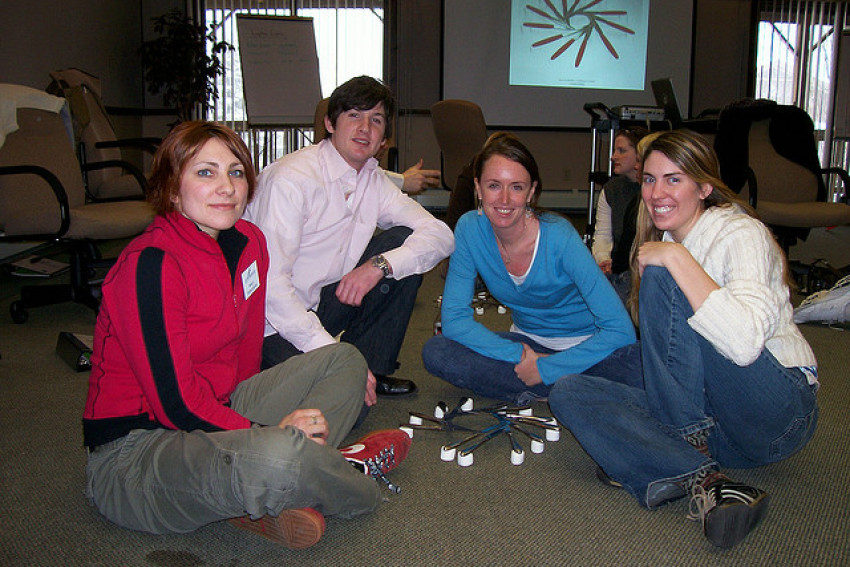Different Ways of Being a Leader in the Office

Every organization, business or otherwise, requires a leader at the helm, but not all leaders are cast in the same mold. Just like the people you work with in an office have different working styles, there are many styles of leadership, any of which can be effective depending on what the organization needs.
Here are 7 models of leadership that you can see in a business environment.
1. The Builder: Like the name implies, this kind of leader wants to build something of value, whether it's an organization, a product line, or a family. They're one-part dreamer and one-part engineer, focusing on ideas and on how to actually implement them. Every leader has something of a builder inside them, no matter how small; it usually takes the help of their team to realize it.
2. The Coach: Just like a coach in sports helps athletes become stronger and faster in the game, a coach in the business world is committed to developing their employees. Coach-type leaders care about reinforcing an employee's strengths and providing feedback for their failures or weaknesses. This style requires a leader to maintain a constant dialogue with all their employees to ensure the best output.
3. The Communicator: Not all leadership requires someone to step up and take charge of a team. Sometimes, the team just needs the right influence to get going. A communicator is someone who facilitates group discussions and planning, making less contributions so that their team has more space to create, debate, and hammer out their own strategies for the workplace.
4. The Strategist: A strategist is what most people envision when they think of leaders. They picture someone who develops a vision that the company will follow, charting out goals and objectives that their team can complete over time. Their focus is on long-term growth.
5. The Innovator: This leader is a one-person think tank, always generating new ideas and pitching new concepts for their organization. Some people are naturally creative, meaning that they can come up with new ideas that everyone else on the team can organize and turn into a reality. Innovators also make for excellent problem-solvers, tackling any challenges that come their way.
6. The Reformer: These types are the people who can look at a mess and think of five different ways of cleaning it up. They're the ones who can walk into a failing organization and turn it around. Like a physician, they take the time to diagnose what the problem is and prescribe solutions for it.
7. The Dealmaker: Every business requires some skill at negotiation and these types of leaders excel at it. They're good with people, able to read social cues and personal qualities in an effort to understand their audience and sell their product. A good dealmaker can spot an opportunity for growth and investment a mile away.
Image by Michael Cardus on Flickr
This content was created by AI




